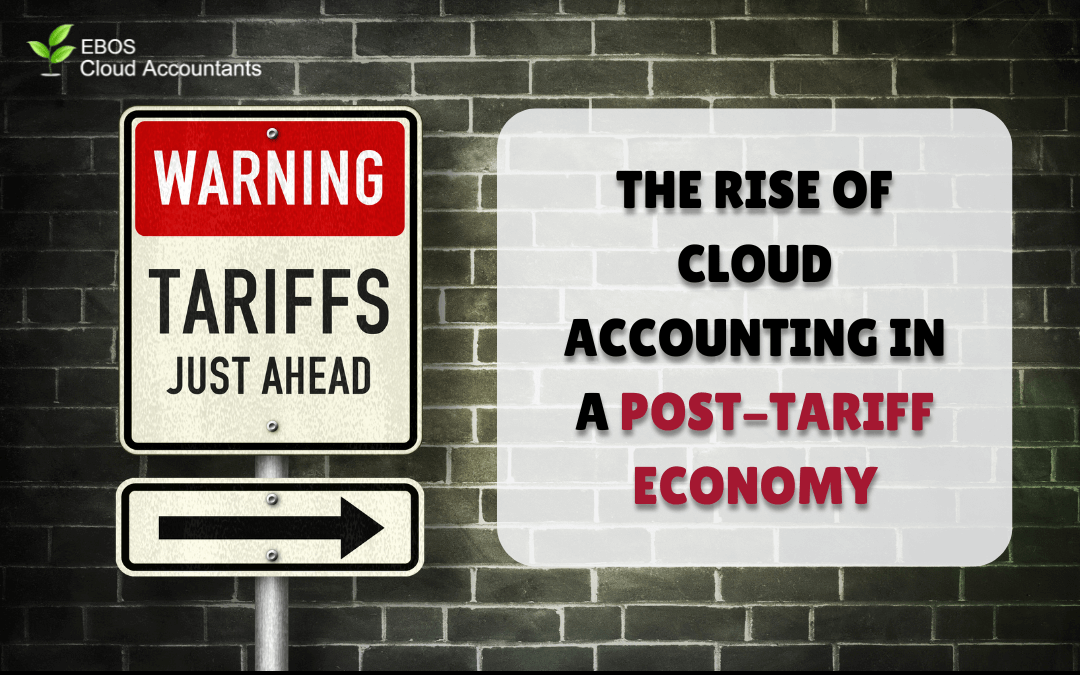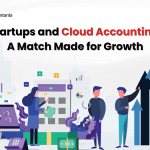As global markets shift and trade policies tighten, businesses are facing an all-too-familiar challenge: how to stay financially agile in an increasingly complex world. With recent tariff hikes and tax reforms shaking up supply chains and squeezing profit margins, many companies are turning to smarter, tech-driven solutions. And leading that shift is cloud accounting.
Once considered a “nice-to-have” for tech-savvy startups, cloud accounting has now become a go-to tool for businesses across sectors trying to stay ahead in a post-tariff economy.
The New Normal: Tariffs, Taxes, and Uncertainty
Tariffs—essentially taxes on imported goods—have seen a resurgence as countries reassess trade relationships. These measures are intended to protect local industries but can raise the cost of doing business for importers and exporters alike. And it doesn’t stop there. Tariff changes often come bundled with new tax regulations, customs rules, and compliance requirements that can quickly overwhelm outdated accounting systems.
For businesses that rely heavily on global trade—manufacturers, wholesalers, retailers—the impact is immediate and real. Product costs rise, profit margins shrink, and staying compliant becomes more complex. This new environment calls for faster financial insights, better reporting, and tighter control over cash flow.
Why Cloud Accounting Is Gaining Ground
Cloud accounting tools like Xero, QuickBooks Online, FreshBooks, and Zoho Books are tailor-made for times like these. Hosted securely online, these platforms allow users to manage their finances anytime, anywhere—with no need for clunky desktop software or manual updates.
Here’s why businesses are embracing the cloud:
-
Real-Time Visibility
In a post-tariff world, financial conditions can change overnight. Cloud platforms give you a live view of your accounts, cash flow, and tax liabilities, helping you respond quickly and make informed decisions. -
Automated Compliance
Tariff and tax changes usually come with a mountain of paperwork. Cloud software is regularly updated to reflect new laws and standards—so you’re not scrambling to stay compliant or risking penalties. -
Scalability & Cost Efficiency
Instead of investing in expensive accounting software and IT infrastructure, businesses can choose a subscription plan that fits their size and scale it as they grow. No surprise fees. No tech headaches. -
Seamless Collaboration
Whether you’re working with an in-house finance team or an external accountant, cloud platforms enable real-time collaboration. Everyone has access to the same data, reducing miscommunication and delays. -
Built-in Intelligence
Many platforms now integrate with AI tools, inventory systems, CRMs, and e-commerce platforms—giving you a broader view of how tariffs are affecting not just your books, but your entire business operation.
Who’s Making the Shift?
While cloud accounting first gained traction with startups and freelancers, it’s now spreading across traditional industries—especially those hit hardest by tariffs. Manufacturers are using cloud tools to track material costs. Retailers are monitoring how tariffs affect pricing and margins. Logistics companies are keeping a closer eye on cross-border transactions and taxes.
Even accounting firms are transforming. Rather than focusing solely on bookkeeping, they’re using cloud tools to provide real-time strategic advice, cash flow forecasting, and financial planning.
Looking Ahead
The rise of cloud accounting isn’t just a tech trend—it’s a direct response to the challenges of a changing global economy. As tariffs, taxes, and regulations continue to evolve, businesses need tools that are flexible, responsive, and future-proof.
Cloud accounting delivers all that—and more. It empowers businesses to navigate uncertainty, adapt quickly, and make smarter financial decisions in real time. In short, the post-tariff economy may be unpredictable, but with the right tools, your financial strategy doesn’t have to be.
Check out our website at https://ebos-sg.com/ to explore more articles and discover how our Cloud Accountant Services can support you on your business.







